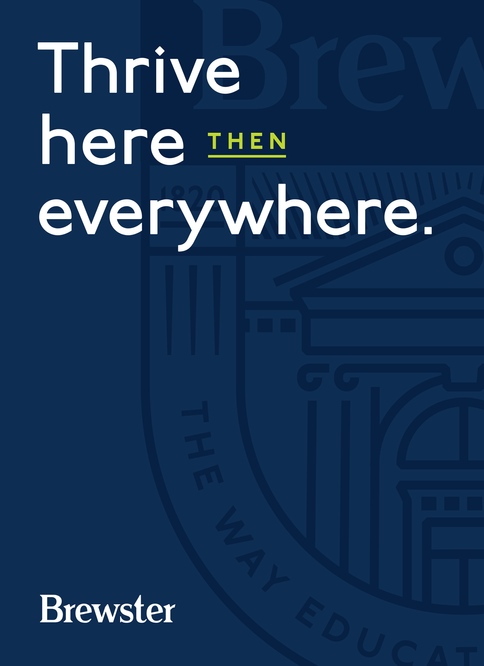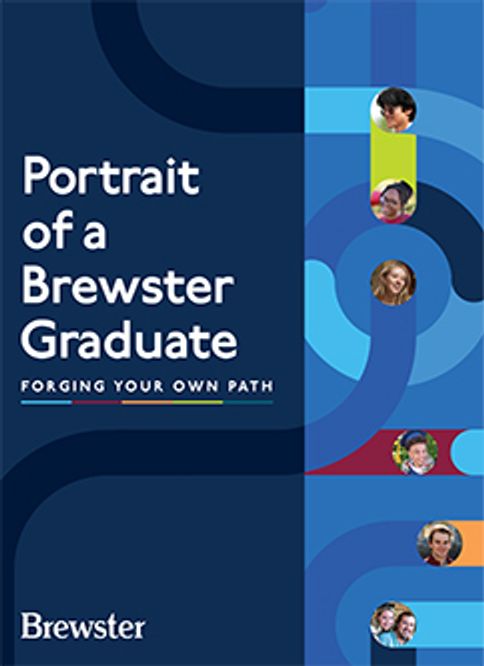Select category

Building Belonging: Khelsi Petigny ’22 Creates a Home Through Basketball
By Kara McDuffee
Read more

Welcome Brewster’s Newest Class: A Global Community of Thinkers, Dreamers, and Doers
By Bryan Gross
Read more

Dynamic History Duo Earn 2025 Kenison Faculty Awards
By Suzanne Morrissey
Read more

Bryce Richmond Guides Team USA to Historic Gold at IIJL U16s
By Kara McDuffee
Read more

Meet the Faculty: Joe Scala-Harbert ’16
By Suzanne Morrissey
Read more

Bradley House - Our Newest Dorm Named for Class of ’14 Alumnus
In August, Brewster purchased Topsides Bed & Breakfast, a stately…
Read more

Jonathan Browher: 2025 NH State History Teacher of the Year
By Kara McDuffee
Read more

Meet the Faculty: Melanie Fedorowicz
By Suzanne Morrissey
Read more

Brewster Celebrates the Athletic Hall of Fame Class of 2025
By Suzanne Morrissey
Read more

2025 Back to School Guide
If you’re eager to get into the back-to-school groove, take a peek at the…
Read more

Meet the Faculty: Bill Ward
By Suzanne Morrissey
Read more

Mr. Connell Attends Prestigious Summer Institute
By Suzanne Morrissey
Read more












